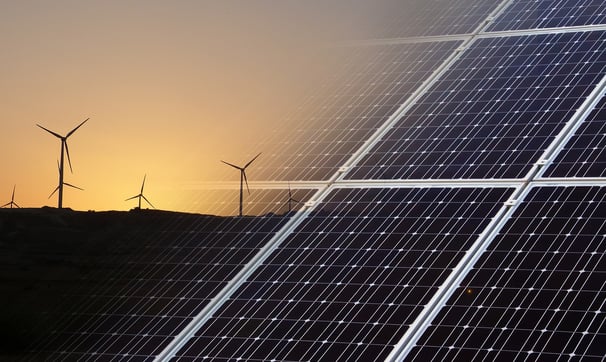Surviving Power Outages: Backup Energy Solutions
EDUCATIONPREPPING


Power outages can occur unexpectedly and disrupt our daily lives, leaving us without essential services and modern conveniences.
Whether caused by severe weather, infrastructure failure, or other unforeseen circumstances, being prepared with backup energy solutions is crucial to ensure your safety, comfort, and productivity during these challenging times. In this blog post, we will explore various backup energy solutions that can help you survive power outages and maintain some level of normalcy until the grid is restored.
Uninterruptible Power Supply (UPS)
An Uninterruptible Power Supply (UPS) is a battery-powered device that provides short-term backup power during power outages. Typically used to safeguard computers and sensitive electronic equipment, a UPS can also be employed to power essential devices like lights, routers, and communication equipment. The UPS acts as a bridge between the mains power and your devices, automatically kicking in when the power goes out, and providing you with precious minutes to shut down electronics properly or continue essential tasks.
Portable Generators
Portable generators are versatile backup energy solutions that can provide electrical power to a range of appliances and devices. These generators run on gasoline, propane, or diesel fuel and are available in various sizes to meet different energy needs. During a power outage, a portable generator can keep essential appliances like refrigerators, fans, and medical equipment running, ensuring your comfort and safety.
However, it's essential to use portable generators safely by placing them outdoors in well-ventilated areas to prevent carbon monoxide buildup. Additionally, make sure to follow the manufacturer's guidelines and avoid overloading the generator with too many devices.
Solar Power Systems
Solar power systems offer a sustainable and long-term backup energy solution. By harnessing the sun's energy through solar panels, you can generate electricity to power your home or specific appliances, even during power outages. Solar power systems often come with energy storage options, such as batteries, allowing you to store excess energy generated during sunny periods and use it when the sun is not shining.
Not only can solar power systems provide continuous power during outages, but they also reduce your reliance on the grid, helping you save on energy bills and lower your carbon footprint.
Wind Turbines
For those living in windy regions, a small wind turbine can be an effective backup energy solution. Wind turbines convert wind energy into electrical power, which can be used to charge batteries or directly power appliances during power outages. Like solar power, wind power is a sustainable and renewable energy source that can help you maintain essential services during extended outages.
Power Banks and Portable Chargers
For individuals on the move or during shorter power outages, power banks and portable chargers are handy backup energy solutions. These compact devices can charge smartphones, tablets, and other small electronics, allowing you to stay connected and informed even when the power is out.
Conclusion
Power outages can happen at any time, disrupting our lives and posing significant challenges. To ensure you and your family's safety and comfort during such events, investing in backup energy solutions is a wise decision. From UPS systems and portable generators to solar power and wind turbines, there are various options available to suit your needs and budget.
When choosing a backup energy solution, consider factors such as power requirements, budget, and environmental impact. Always follow safety guidelines and maintenance procedures to keep your backup systems in top condition. By preparing in advance and having reliable backup energy solutions at your disposal, you can navigate power outages with confidence and minimize the impact on your daily life.
